Relations between Iran, Bosnia and Herzegovina rooted in history: Analyst
By Ivan Kesic
Relations between Iran and Bosnia and Herzegovina are rooted in history and the Islamic Republic has always supported the positions of the Balkan nation, says a Bosnian commentator.
In an interview with the Press TV website, Admir Lisica, a historian from Bosnia and Herzegovina who specializes in geopolitical relations between the Balkan region and the Muslim world, said Bosnians appreciate Iran’s historical support to their country.
“Iran has never challenged any of our foreign policy relations. Even in the past, when Bosnia and Herzegovina needed to make certain decisions in the UN, Iran never exerted pressure” he stated.
Iran was one of the first countries to come to the aid of Bosnian Muslims during the devastating Bosnian war in the early 1990s and ever since the two countries have maintained close ties.
During a meeting with his Bosnian counterpart in December last year, Iran’s Foreign Minister Hossein Amir-Abdollahian reaffirmed Iran’s support to Bosnia and Herzegovina.
“We consider the Balkan region and the country of Bosnia as our friend and like the past will continue to support this region and Bosnia,” Amir Abdollahian said at a joint press conference with Bisera Turkovic in Sarajevo, the capital of Bosnia and Herzegovina.
Lisica said there are a lot of commonalities between the two nations and people-to-people exchanges are very frequent, hoping that relations would enhance further in years to come.
“We from BiH are connected with Iran by history and some other things, for example, we can never forget how much Iran helped BiH in the war, which is extremely important for us, and we must point out that Iran never asked for anything in return,” he said in a conversation with the Press TV website.
On pressures facing the Bosnian government to cut ties with Muslim countries, Lisica said the right-wing wave has recently swept France, Hungary, Italy, Spain and other countries, and such a policy favors the spread of Islamophobia, which can affect the work of political structures and the formation of public opinion everywhere, including in BiH.
“I would not accuse any specific party, or say that the animosity comes from a specific country, but from right-wing policies and right-wing politicians operating throughout the European continent,” he noted.
On the perception of Iran in the Bosnian media, Lisica said one general perception among the entire Bosnian nation is that Iran is “seen as a great civilization, a historical place, and a famous culture.”
“Iran is interesting as a destination for BiH tourists, we have travel agencies that regularly take our people to Tehran and other cities,” he told the Press TV website.
“The general belief in BiH is that Iran is a friendly country, they are grateful to Iran for not interfering in our foreign policy and our political decisions that we as a European country make.”
The Bosnian historian hoped that Iran and other parties to the 2015 nuclear agreement reach a consensus on reviving the accord and lifting sanctions on Iran, which he said would allow Bosnia to bolster its economic cooperation with the Islamic Republic.
IRGC: 10 foreign-backed terrorists killed, arrested in Sistan and Baluchestan
Iran calls on EU to end targeting ordinary Iranians after missile transfer claims refuted
UK police detain Jewish scholar Haim Bresheeth following pro-Palestine address
VIDEO | Iraqi resistance strikes key Israeli targets in occupied territories
VIDEO | Press TV's news headlines
Iranian satellites launched into space as private sector debuts in space industry
VIDEO | Iran, Azerbaijan conduct joint maritime rescue operations
VIDEO | Yemen’s Red Sea divide: Naval forces block Israeli-linked ships in strategic ‘parting of the water’


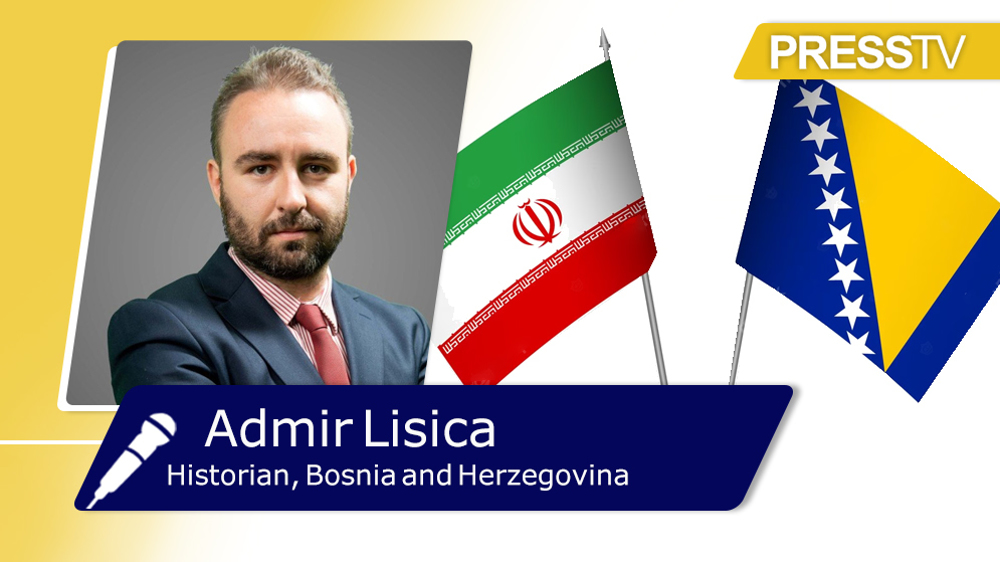

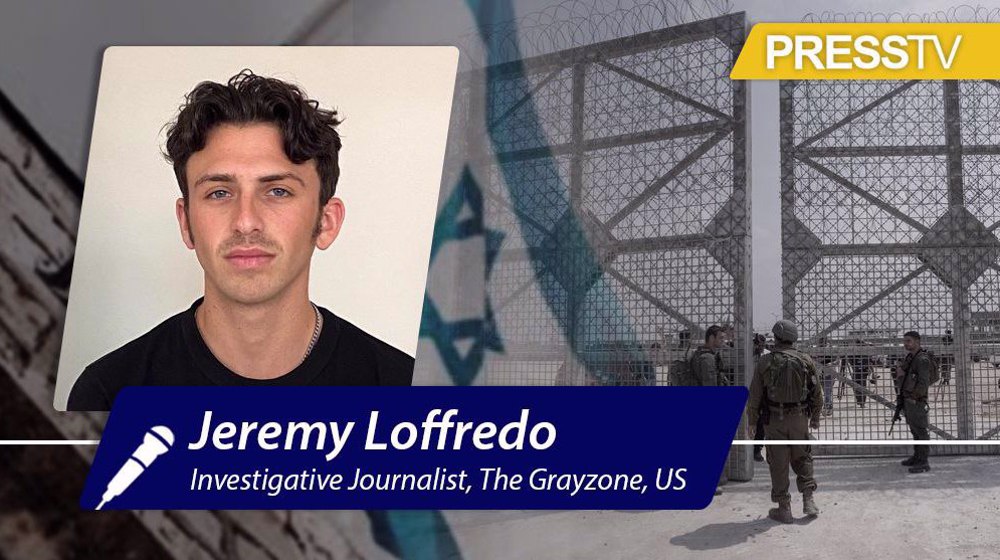




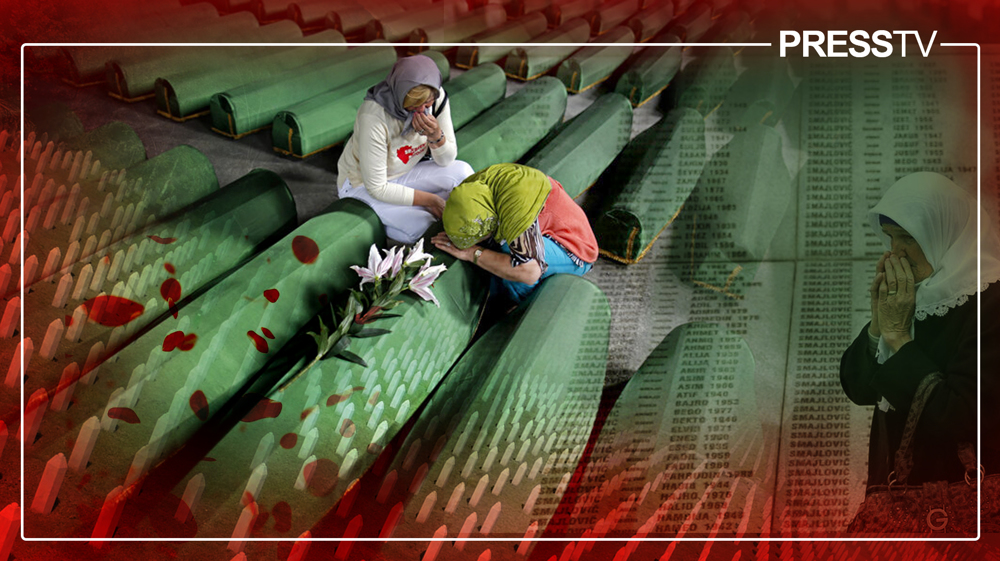
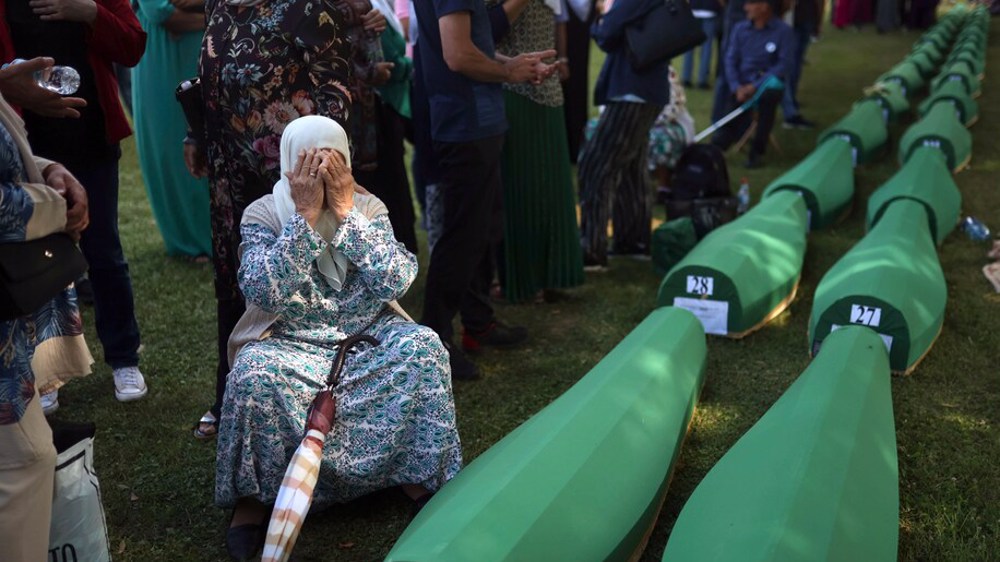
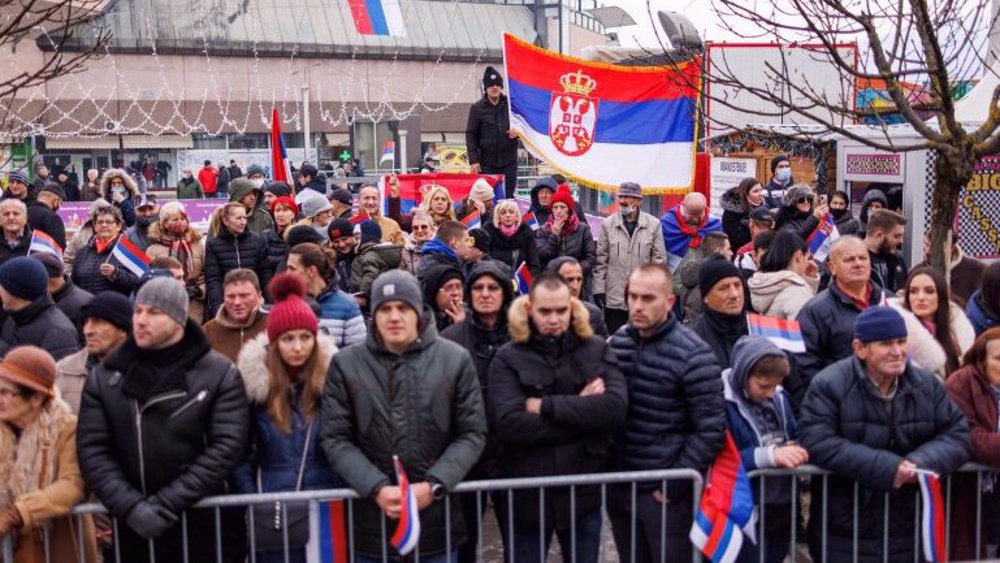
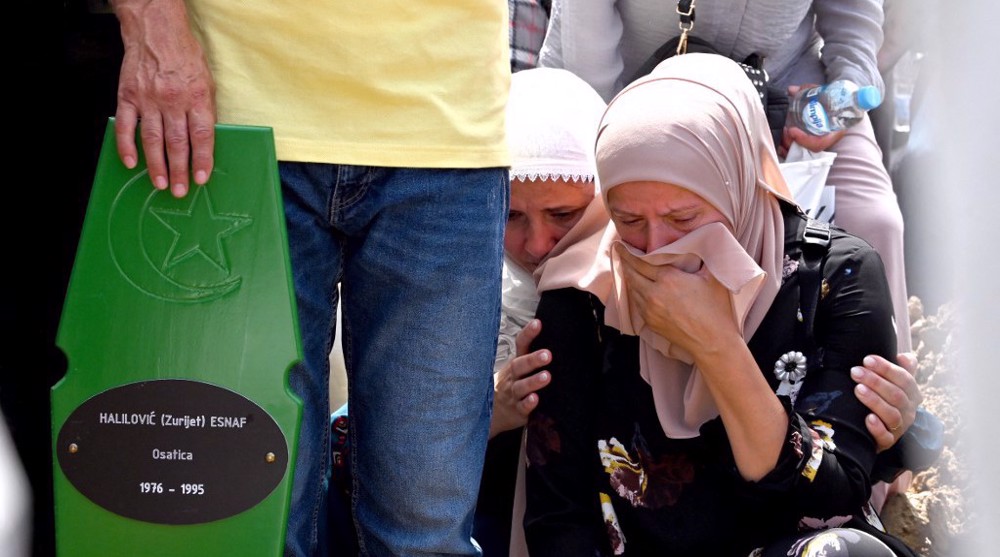
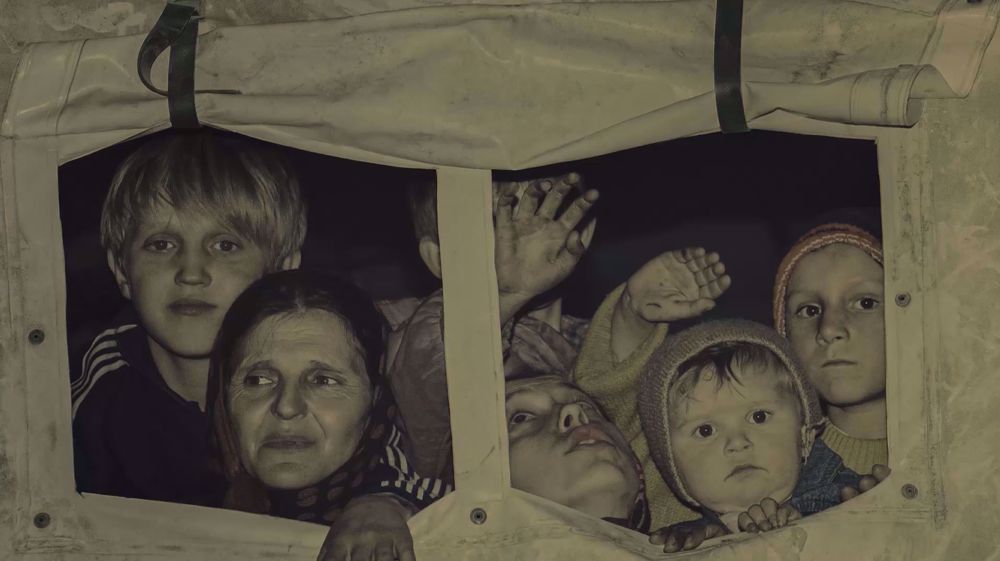

 This makes it easy to access the Press TV website
This makes it easy to access the Press TV website